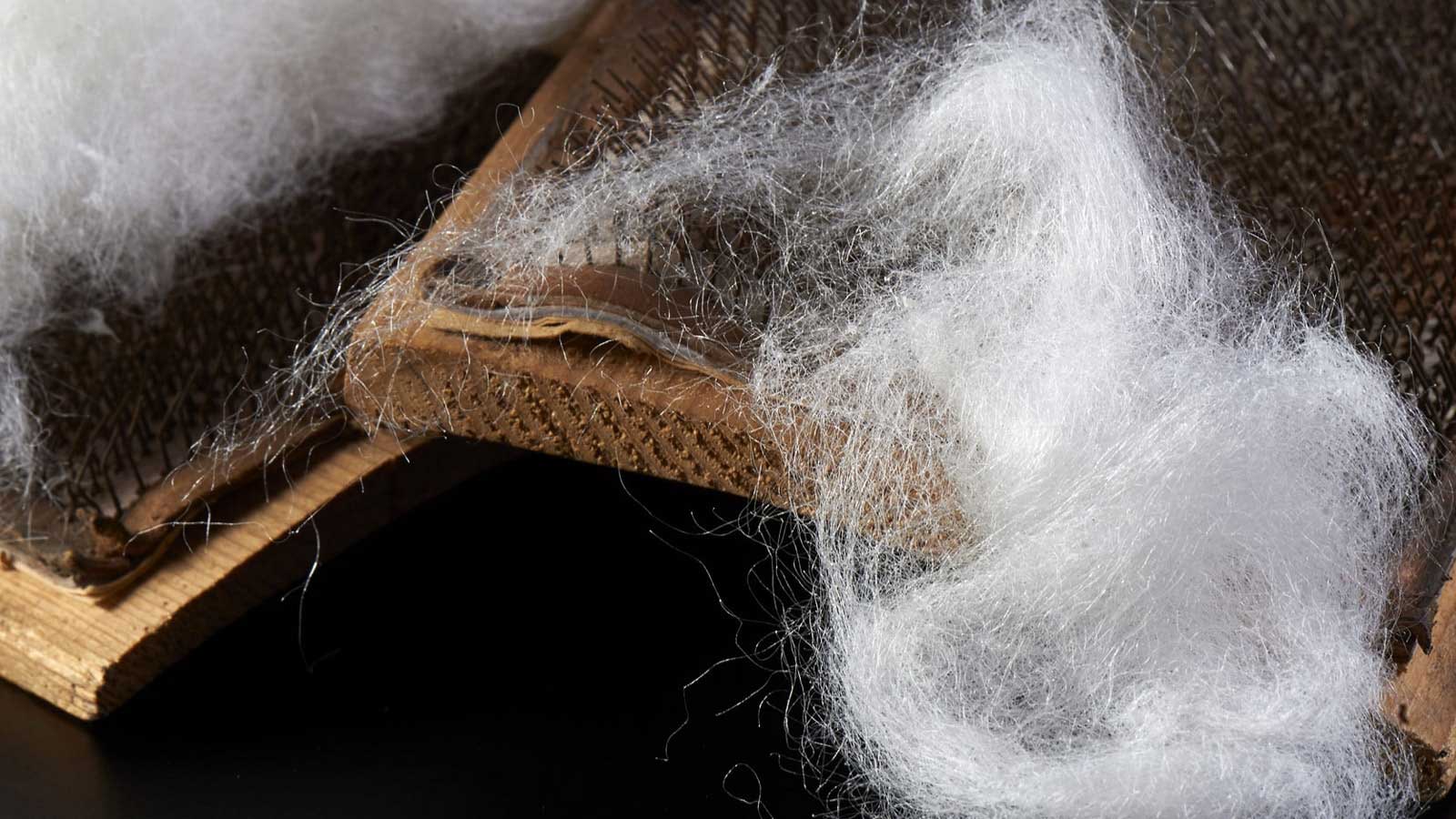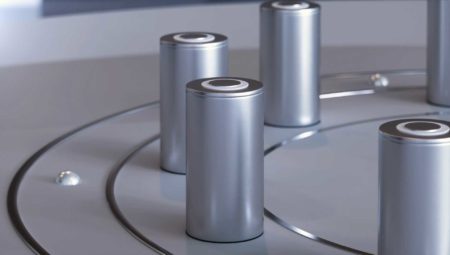The winners will be selected at the 12th International Conference on Bio-based Materials, 15-16 May 2019, in Cologne, Germany. Out of a total of 21 applications, six new materials and products have been nominated for the innovation award by the members of the conference advisory board:
Aakar Innovations (India): Anandi Eco+ – 100% Compostable Sanitary Pads
Anandi Eco+ is the first and only Govt. of India Lab certified 100% compostable sanitary pad. In a compost environment, at least 90% of the pad are biodegraded within 180 days. Under other conditions in nature it takes longer respectively. The pads can be disposed easily in the backyard mud pit of any rural household to avoid polluting the environment and create bio-manure for agriculture. Aakar also uses local resources like jute, bagasse, banana fibre and water hyacinth to produce their sanitary pads to reduce cost and utilizes agricultural plant waste materials. Anandi Eco+ pads do not use any harmful chemicals and convert into manure post disposal, which can be further utilised. This way, the pads contribute to environmental protection and increased resource reuse.
CARBIOLICE (France): EVANESTO– Zero Impact PLAstic
CARBIOLICE has developed a disruptive solution based on an innovative technology using enzymes to speed up compostability and biodegradability of PLA plastics. Developed as an additive, EVANESTO can be used on conventional plastic transforming processes without adaptation. This innovative additive is best suited for applications such as single-use plastics in which compostability and biodegradability are a meaningful end-of-life. It can be used to make products that are 100% compostable and biodegradable. Ready to reach the market in early 2020, EVANESTO is intended for various uses such as bags, packaging, disposable tableware etc.
Golden Compound (Germany): HOMEcap – Home Compostable Capsule
HOMEcap is the world’s first and only home compostable capsule successfully introduced in the market which is “OK compost HOME” certified and made with natural fibres of the sunflower seed hull. It is made from a unique compound comprising PTTMCCs PBS and PBSA mixed with sunflower seed shells and inorganic fillers. It comes with a paper and cellulose based lid, which is sealable to the capsule without any additional glue, and of course the lid is home compostable as well. The material composition results low oxygen transmission rates, which allows to avoid additional barrier packaging and therefore saving even more waste. A VDI 4605 sustainability assessment showed that this capsule outperforms current state of the art capsules like deep-drawn PP EVOH multilayer capsules.
Scion – New Zealand Forest Research Institute (New Zealand): Ligate Adhesive Technology
Scion’s LIGATE is a bio-adhesive technology from 100% bio-based and sustainably grown products, including lignin, tannin and protein. It can be used to manufacture engineered wood products that do not emit volatile organic compounds like formaldehyde and that have reduced life cycle impacts compared to products made using traditional petrochemical adhesives. Water-based, non-toxic ligate adhesives are compatible with existing adhesive and panel board manufacturing equipment. Unlike other bio-based adhesives, Scion’s resin does not just replace petrochemical-based components but incorporates bioinspired chemistry approaches in a scalable and very simple way to deliver a product that performs and is environmentally friendly.
Spinnova (Finland): Spinnova – Sustainable Textile Fibre
Spinnova is a sustainable fibre company from Finland that develops ecological breakthrough technology for manufacturing cellulose-based textile fibre. Spinnova’s patented technology involves zero harmful chemicals and creates no waste or side streams, making the fibre and the production method probably the most sustainable in the world. The biggest difference to other man-made cellulosic fibres is that there is no use of dissolving throughout the whole process. Spinnova’s raw material commitment is to only use FSC certified wood or waste stream-based cellulose. Spinnova’s objective is to globally commercialize the fibre products in collaboration with major textile brands.
Stora Enso (Finland/Sweden): Lineo – Lignin Alternative for Petroleum Based Products
Making up 20-30% of wood’s composition, lignin is often discarded or burned during the pulp production process. However, when extracted and converted, lignin could transform the way we use natural resources to make products. In 2018, Stora Enso launched Lineo, a renewable, wood-based, non-toxic alternative to fossil-based materials. Lineo, Stora Enso’s lignin, can be used to replace oil-based phenolic materials in a range of applications, such as in resins for plywood, oriented strand board (OSB), laminated veneer lumber (LVL), paper lamination and insulation material. Stora Enso continues to research new Lineo applications and is currently focused on researching its use in formaldehyde-free binders, carbon fibre and energy storage.



